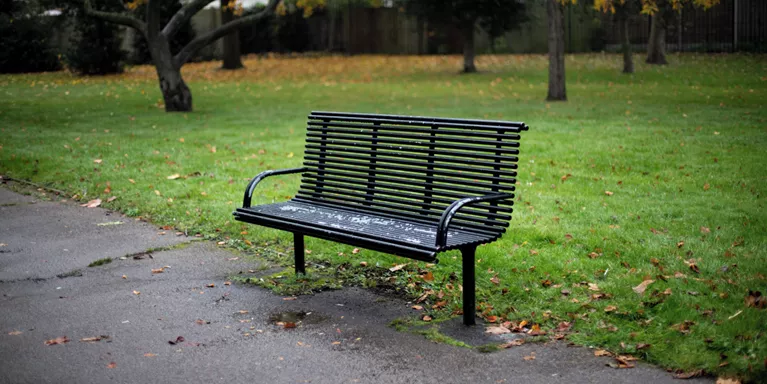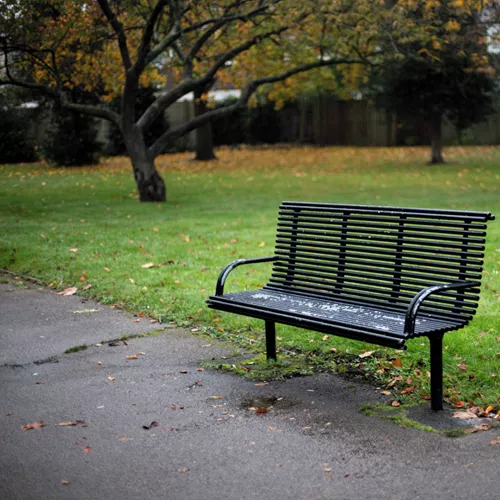Dissociation and dissociative disorders
Explains what dissociation and dissociative disorders are, including possible causes and how you can access treatment and support. Includes tips for helping yourself, and guidance for friends and family.
View this information as a PDF (new window)
What are dissociative disorders?
You may be diagnosed with a dissociative disorder if you have regular experiences of dissociation that are distressing. And if these experiences affect your everyday life.
Dissociation might also be a symptom of other mental health problems. You can still seek help for this.
This page has information on:
Dissociative identity disorder (DID)
If you have dissociative identity disorder you will experience intense changes in your identity. You may feel like different aspects (states) of your identity are in control of your behaviour and thoughts at different times. This can happen in various ways:
- Each of your identity states may have different patterns of thinking and relating to the world.
- Your identity states may come across as different ages and genders.
- You may feel you have one 'main' part of your identity that feels most like 'you'. Some people call this a host identity.
- The different parts of your identity may have memories or experiences that conflict with each other.
- Some people refer to these different parts of your identity as alters or parts, and to all the parts together as a system.
- You might not feel like you have control over when different parts of your identity take over.
- You may experience amnesia, which means you don't remember what happens when another part of your identity is in control.
I have many separate, distinct and unique 'parts' of my personality. My 'parts' or 'alters' collectively add up to the total person that is me... They are each a letter, and I am a sentence.
Looking after yourself with dissociative identity disorder (DID)
DID can make looking after yourself harder. You might find that different parts of your identity have different needs. You may need to use different coping techniques for the different parts of your identity. If something doesn't feel possible just now, you can try something else, or come back to it another time.
For more information about coping with dissociation, see our page on self-care.
Other dissociative disorders
There are a number of other dissociative disorders. The diagnosis you are given will depend on the symptoms you experience most and how these affect your life.
These are the main symptoms or characteristics of each disorder:
Depersonalisation or derealisation disorder
You might experience regular depersonalisation or derealisation.

Depersonalisation: My four months of terror
I now understand that fighting panic only intensifies it.
Why might it be difficult to get diagnosed?
- You might have symptoms of other mental health problems as well as dissociation. If your doctor is more familiar with these mental health problems, they may only diagnose these problems without realising that you also have a dissociative disorder.
- Mental health professionals often don't get enough training on dissociative disorders. They might not even think about the possibility of a dissociative disorder when assessing your mental health. This means that they might not ask you the right questions about your symptoms.
- Understanding more about your life history can help mental health professionals make a diagnosis. But they don't always ask about childhood abuse or trauma at an assessment. Even if they do ask, you may not remember it (if you experience amnesia). Or you may find it too hard to talk about.
- Some people coping with dissociative symptoms try to keep them hidden from others. It might feel difficult to talk openly about your experiences.
Can dissociative disorders make people act violently?
The media often portrays people with dissociative disorders, particularly DID, as being dangerous or violent. This is a harmful and inaccurate stereotype. See our information on stigma and misconceptions to read more about the myths surrounding violence and mental health.
This information was published in January 2023. We will revise it in 2026.
References and bibliography available on request.
If you want to reproduce this content, see our permissions and licensing page.













